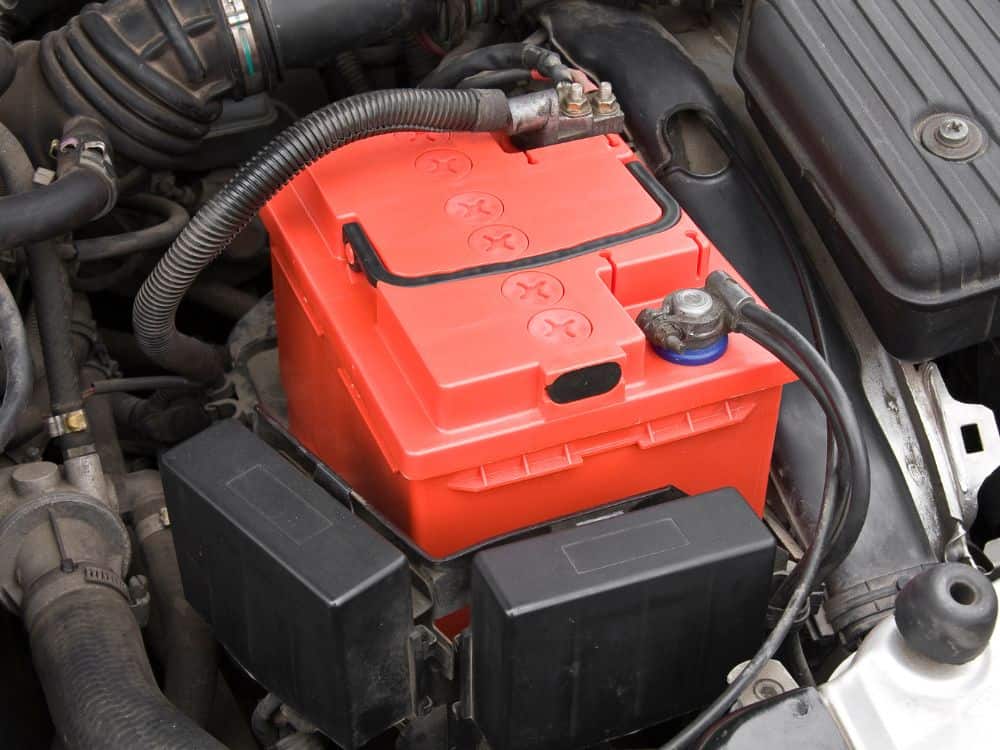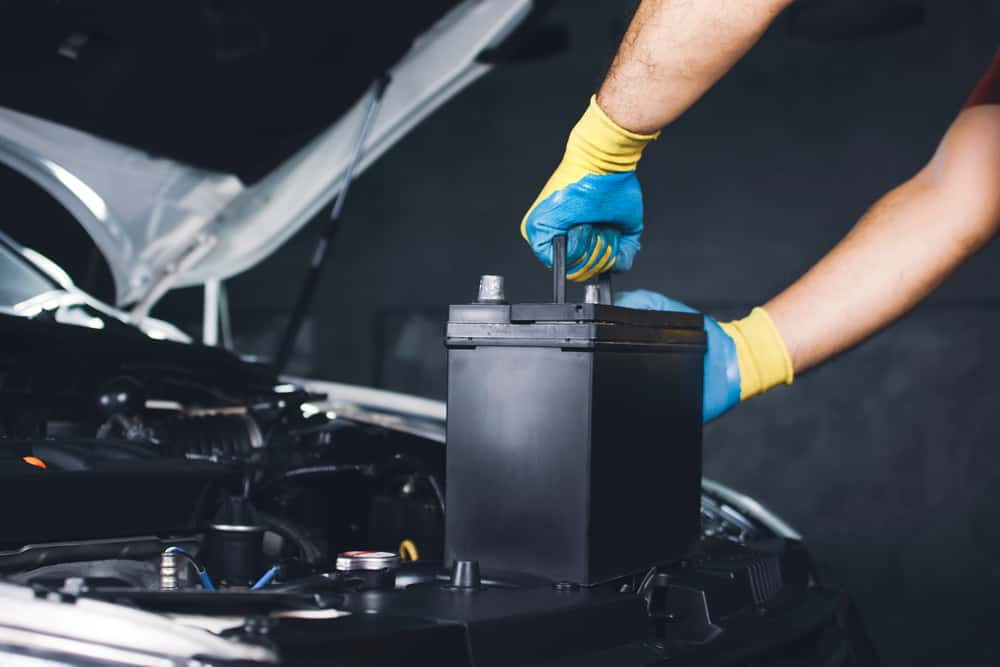Have you ever wondered what keeps your car battery charged and running smoothly? Many car owners give little thought to their car’s battery until it fails and becomes a dead battery. But understanding how a car battery works and the components that keep it charged can help prevent any unexpected breakdowns or damage to the vehicle.
In this blog post, we’ll discuss the basics of car batteries and how they are kept charged so you can stay on top of repairs and maintenance for your car. We’ll cover many topics surrounding the components of a car battery system so that you will be able to better maintain its charge levels throughout its life cycle.
Ready? Let’s get started.
Table of Contents
Components of a Car Battery System
It goes without saying that the car battery system is a vital part of any vehicle. It not only helps the car run but also helps power all of its accessories such as the headlights, the interior lights, the dashboard warning lights, the alarm systems, and all of the other electronics.
But what are the components that make up the car battery system? Let’s look at a few of the major ones:

Alternator
The alternator is an important piece of the car battery system. It helps to keep the battery charged by converting mechanical energy into electrical energy.
It also works in tandem with the car’s voltage regulator to make sure that there is enough power going through the car’s electrical systems. Lastly, it charges the car battery after each startup.
Battery
The car battery itself is composed of two battery terminals, a positive terminal and a negative terminal. They are connected to the car’s electrical system by battery cables and these terminals are also connected to each component in the car. The battery is powered by a chemical reaction between sulfuric acid and lead plates, and it is essential for the car battery to maintain its charge.
Battery Cables
The battery cables are the wires that connect the car’s electrical system to the car battery, and they are responsible for transferring power from the car battery to components like the starter motor, lights, and other electronics.
Voltage Regulator
The voltage regulator is an important piece in the charging system. It helps make sure that there is enough juice in the car battery to power all of its accessories at a safe level.
If too much current is flowing through the car’s electrical circuits then it can cause damage to these components or even an open flame. The voltage regulator also helps maintain a consistent charge as you drive your car. Without it, your car just wouldn’t work correctly.
Starter Motor
The starter motor is also an important component of the car battery system, as it helps to start the car when you turn the ignition key. It utilizes all that electricity from the car battery to move the car’s pistons, which start the engine.
How to Recharge and Maintain a Car Battery Charging System
When you discover that your car battery isn’t charged, you will need to find a way to recharge it. There are a few things you can do to not only charge the battery at the moment but also keep it charged over time.
Let’s look at some devices you can invest in:
Jump-Starters
When your car battery dies, a jump-starter can be used to quickly get it running again. Jump-starters use jumper cables to transfer power from another car battery directly into your car battery so that you can start it up without having to replace the dead car battery. Just keep the cables in your trunk and pull them out whenever you need them!
Battery Chargers and Maintainers
A car battery charger or maintainer is a device that can be plugged into an outlet in order to charge and then maintain your car battery’s charge level over time. It will add voltage to the car battery and can help prevent any sudden drops in charge levels that could damage the car battery or its components.
Trickle Chargers
Trickle chargers are a type of car battery charger that add small amounts of voltage at regular intervals in order to keep the car battery’s charge level consistent. This can be helpful for long-term maintenance as you won’t have to worry about the car battery losing power during prolonged periods of non-use, such as when it is stored in your garage over the winter.
Things to Do and Things to Avoid
When it comes to car batteries, they require regular maintenance in order to keep functioning properly. Here is a list of things you should do in order to keep your car battery charged as much as possible:
- Check the car battery’s charge level regularly.
- Clean the car battery and its positive and negative terminals.
- Take measures to prevent any parasitic drain from the car’s electrical systems.
- Consult a professional for help if you think your car battery may be in need of repairs or replacement.
- Invest in a car battery charger, maintainer, or other tools to help you keep your car battery running smoothly.
Additionally, there are some things that you should avoid in order to keep your car battery charged and functional for longer periods of time. These can include (but are not limited to) the following:
- Keep dirt or dust from becoming build-up on the car battery terminals, as this can interfere with their ability to transfer charge from one component to another.
- Prevent corrosion on all car parts caused by acidic substances.
- Avoid overcharging or discharging the car battery too often, as this can reduce the battery’s lifespan significantly.
The last thing you want is to get left on the side of the road with a dead car battery when you least expect it, so it’s important to follow the guidelines listed above.
Conclusion
Taking care of car batteries is essential for car owners. By investing in a few different tools and doing regular maintenance, you can help keep your car battery charged and ready to go. With these tips in mind, you’ll be well-prepared to take on whatever challenges come with car ownership!
Which piece of advice is the most relevant to your situation? Let us know in the comments!
